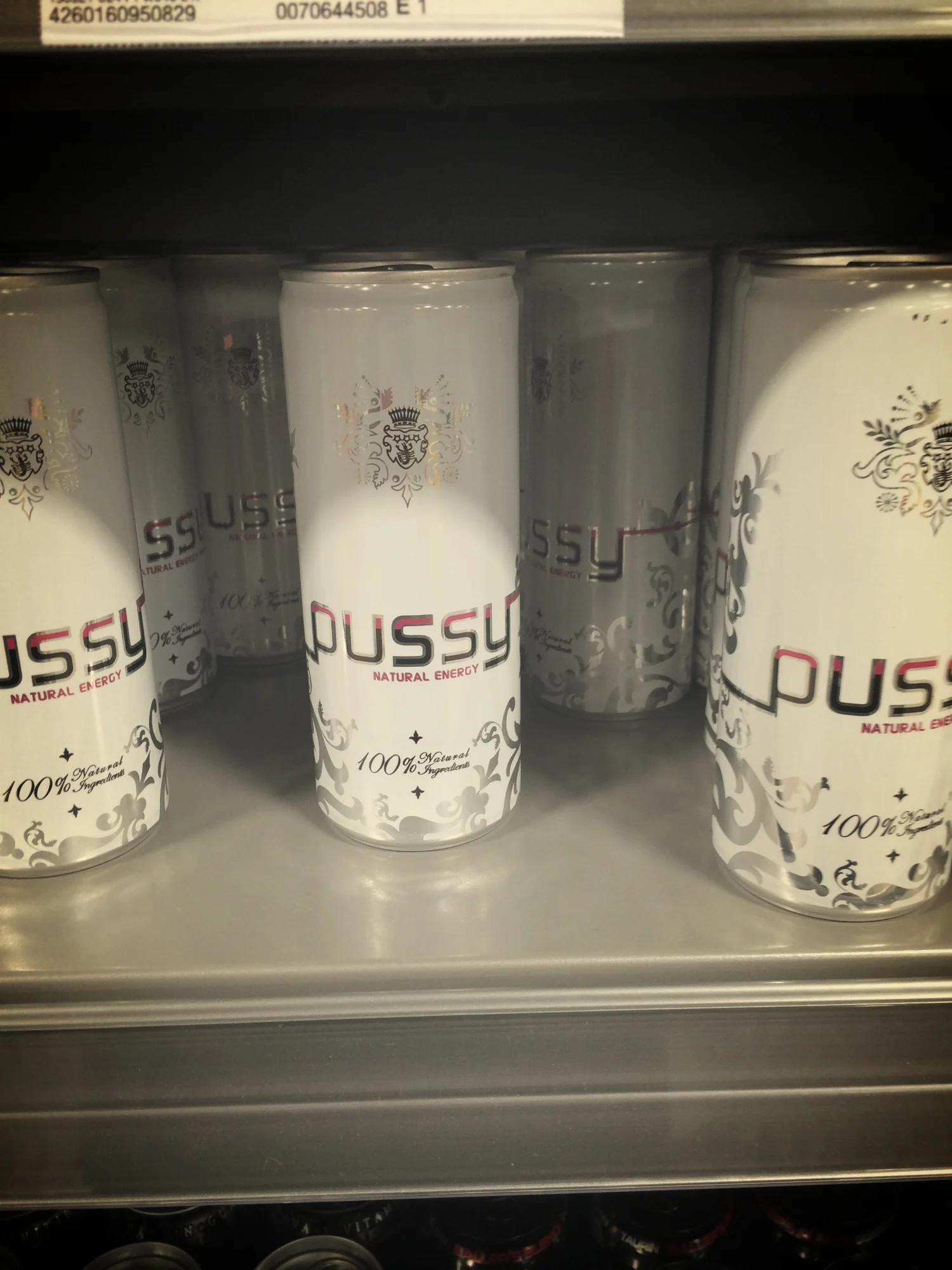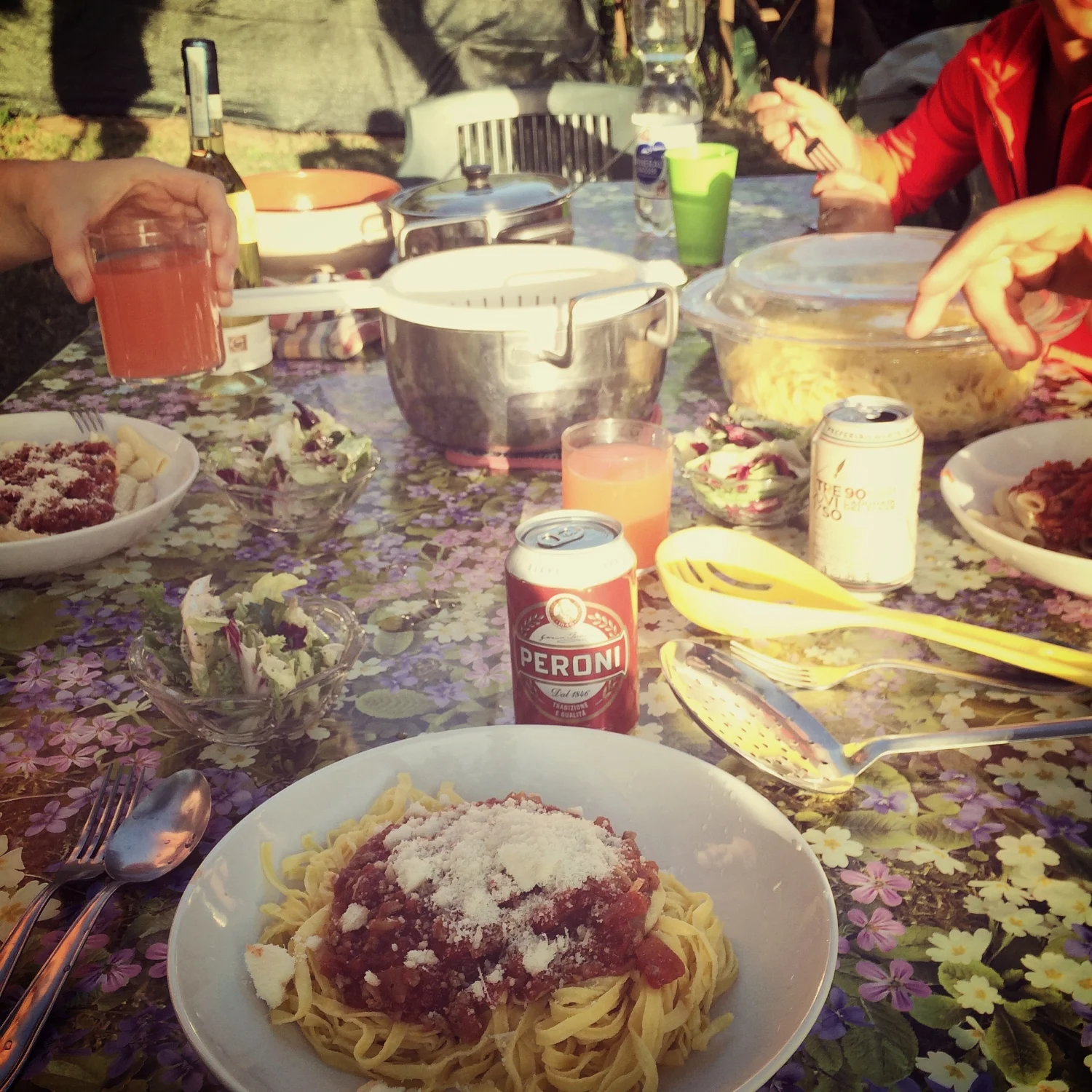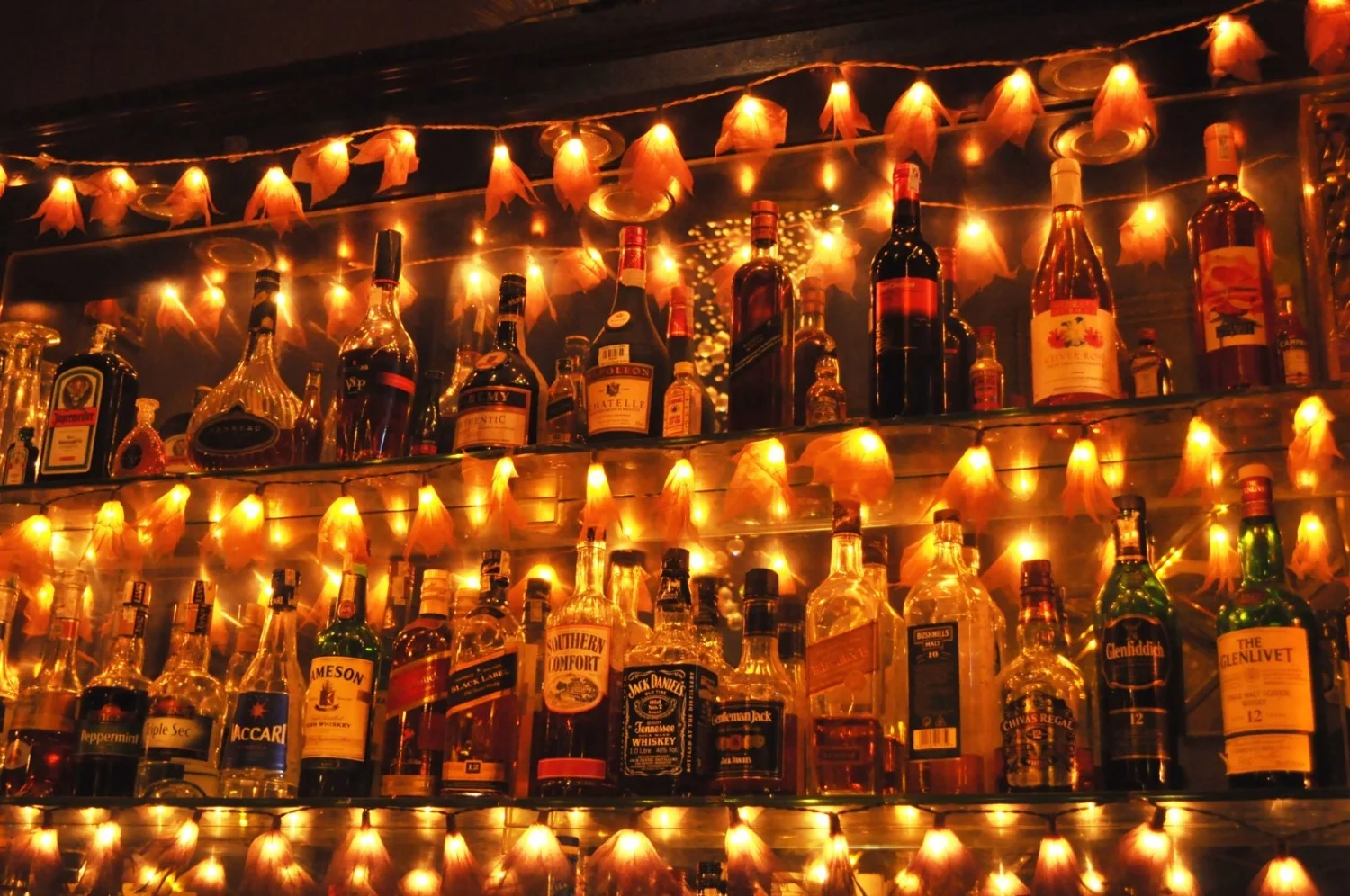How Germany Works: Getränkemarkt
Originally, the modern supermarket was created in the name of convenience, why spend hours shopping at various small shops, when it would be so much easier to simply go to one big store. It was a simple idea and for the most part it worked. Take a stroll through any major chain and you will find aisle after aisle of products, from tea bags to toilet cleaner. Yet, imagine my surprise when I walked through my local supermarket last week and found that one aisle in particular no longer existed, plucked from the space it used to occupy to be replaced by sachets of soup and designer cooking accessories.
I took stock of the situation and considered the possibilities. German supermarket design leaves a lot to be desired, from confusing organisation of products to tiny checkouts with barely enough space to pack one bag, let alone the entire weekly shop. It was not too mad a notion for the shop to have reconfigured and the particular aisle I needed could now be found at the other end of the store. This had happened more than once in the last year, continual optimisation of my local supermarket has left me wandering the store with a glazed look, muttering “where the hell is the nutmeg?” on more than one occasion.
Yet, that was nutmeg, it might be a favourite of German dinner tables, but the aisle I was looking for was integral to the weekly shop, bottled water. Germany consumes carbonated bottled water at astonishing rates, go to any German home and you will find cupboards, even entire rooms, packed to the rafters with fizzy water, in various strengths of carbonation. The phenomenon of Germany and bottled water is hard to explain, with its origin potentially dating to the discovery of medicinal fresh water springs in the middle ages and the growing popularity of these locations during the nineteenth century. For whatever reason, Germany has come to enjoy bottled water more than tap, to the point that many non-Germans find ordering a simple tap water in a restaurant a harrowing and psychologically damaging experience. For myself, I knew that if I returned without the bottled water, I might as well not return at all.
There was nothing for it but to ask a store colleague, something of a Russian roulette experience, going from my previous customer service interactions. I opted to find a younger worker, hoping that their youth would counter my poor German grammar and penchant for lazy pronunciation. There are few things less punishing than being schooled by a stoney faced supermarket worker on the correct pronunciation of die Pflaume (Plum). Luckily, I found just such a colleague, carefully arranging tins of tuna with the same look I had carried throughout my tenure in retail. “Where can I find the bottled water?” I enquired. “Getränkemarkt, across the street” he said, eyes still fixed on the shelf in front of him. I guessed from his tone, it was not the first time he had been asked that same question today.
The Getränkemarkt is a peculiarly German concept that either speaks to the German desire to impose rigid order on a chaotic world or the influence of rabid consumerism. Both might be the actual answer. Walk or drive the streets of Germany and visitors will often see signs directing them to all manner of Getränkemarkt. Basically, these are stores dedicated to beverages of all kinds, full size supermarkets just for drinks. This might be a contradiction in the idea of one stop shop convenience stores, but when the country in question has a love affair with both beer and bottled water, it begins to make sense.
No matter how busy I am, whenever I enter a Getränkemarkt I cannot help but head directly for the beer section, not because I ever actually buy any, but simply to marvel at the sheer amount of different types. For the beginner there is Becks, a popular basic standard beer that, in Germany at least, comes in a wide range of flavours. From your normal Becks, to the attempts at attracting the hipster market with Becks Pale Ale, to the softer “breakfast beer” of Becks Ice and Becks Lime. For the intermediate drinker there is Augustiner or Paulaner of the world, steady beers that when lost in unfamiliar areas, a person can find comfort in. Finally, we have the expert beers, for those who prefer flavours so complex they make The Times crossword look like finger painting. Here can be found the Bock beers, 7% volume and above, ready to be consumed by vikings or some kind of terrifying warrior breed that consume their alcohol from the skulls of their enemies or the Rauchbier that can instigate Olympic levels of chin stroking.
My next stop is the energy drink section, that is worth seeking out if only for the extra sensory overload that it can cause. A shelf of brightly coloured cans, with names like Pussy, Power Horse or inexplicably one brand that simply has Popeye on the can. This is also where Scotland’s finest export, Irn-Bru, can be found. So powerful are the effects of the greatest hangover cure known to man, it has been placed among a range of drinks that voluntarily give their purchaser insomnia. I am not sure whether Scotland should be shocked or proud that their favoured orange soft drink is considered the equivalent of something called Venom or Donkey Punch (I made that last one up).
Once customers have found their products of choice, placed them on the flat bed trolleys more commonly found in DIY stores and Garden centres and wheeled them to the checkout, they may be presented with the site of manned self scanning machines. Self scanning technology has been around for many years, but in Germany it appears there is either a distrust in modern advances or the owners of shops feel that their average consumer is too easily confused to manage these transactions without supervision.
Once everything is purchased, there comes the logistical question of how to get it all home. The obvious answer would be by car or bus, but do not be surprised to see people happily carrying crates of beer around the streets of Germany. The plastic crates, like the bottles, can be returned once consumed, for a small rebate. The Pfand, or deposit, is very common and is a motivation to recycle both plastic and glass.
The Getränkemarkt is an important stop for any serious German shopping trip. Whether recycling bottles, buying beer, worrying over the strength differentials of fizzy water or spending time staring at the hypnotic array of energy drinks, they are always worth checking.












